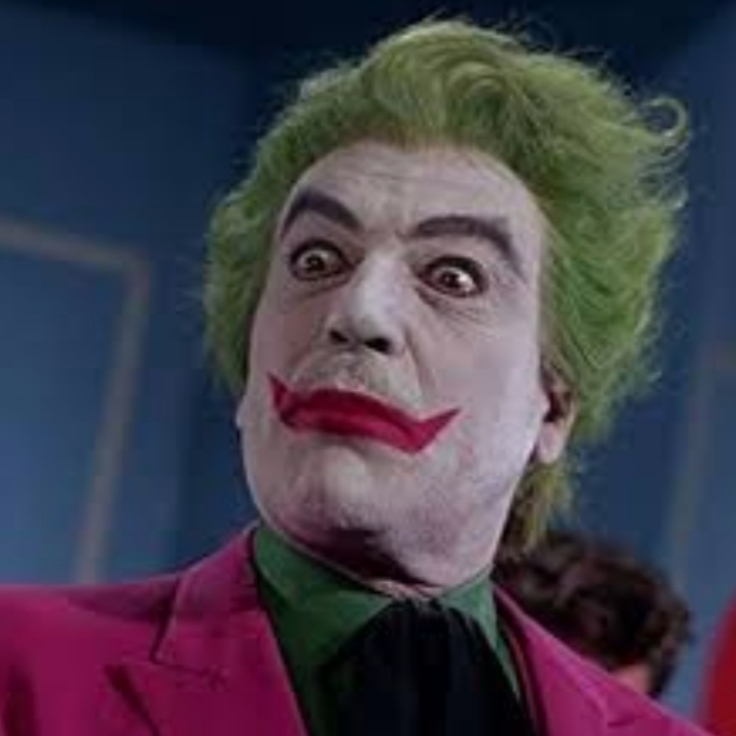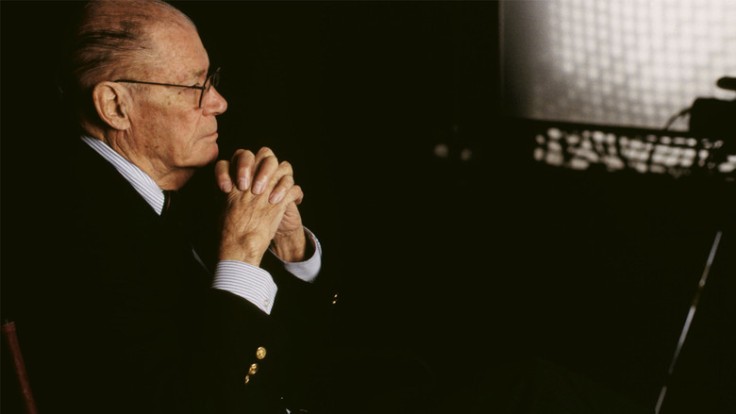
“Go try to be funny nowadays with this woke culture. There were articles written about why comedies don’t work anymore…I’ll tell you why, because all the f**king funny guys are like, ‘F**k this s**t, because I don’t want to offend you.’ It’s hard to argue with 30 million people on Twitter. You just can’t do it, right? So you just go, ‘I’m out.'” – Todd Phillips, director of Old School, The Hangover and Joker
Todd Phillips probably should’ve stuck with comedy.
People are saying things like ‘Joker is a bold and dangerous film’, and that it’s redefined the comic book movie genre, which is probably an accident because clearly no one involved understands the definition of a comic book movie as there are almost zero elements from the comics here. We do get a number of characters who people will recognise because we’re given their names, but other than that they bear no resemblance to their comic counterparts. Thomas Wayne has been turned into a big rich bastard, Alfred has turned violent, Bruce Wayne is like 10-years-old while Joker is at least 35 (which would make Bruce’s job much easier when he has to beat up an out-of-shape OAP), and lastly Joker is a thundering dumbass.
Any comic book fan will know that the Joker has an ambiguous backstory, or has changing backstories, so I’m not against them creating a mostly new one here. What I am against is giving him a backstory that makes no sense. There are a number of things they’ve put in place here that are clearly included just to drive the plot forward or to create a certain vibe for that scene without thinking about the logic behind it. * [THE REST OF THIS PARAGRAPGH CONTAINS MINOR SPOILERS] * One major turning point for Joker, or Arthur Fleck (A. Fleck – best joke in the film), is when he kills three stereotypical stockbrokers on a subway after they taunt him by singing while he’s dressed as a clown. Just think, if those three men had better music taste and didn’t know all the lyrics to Send in the Clowns then Arthur may have never become a murdering psychopath.
I started writing this as a spoiler review because there’s a lot to pick apart scene by scene in this film, but I scrapped that idea and instead I’ve come up with an analogy to sum up my thoughts…
If you have five carrots and you eat one – ‘mmm lovely carrot, what a treat’ – then you proceed with the second carrot – ‘oh go on then, why not’ – carrot number three and the excitement’s wearing off a bit but a carrot’s a carrot right? You start on carrot number four and you know this is ridiculous but you continue anyway, hoping for something different this time, alas it’s still a carrot. You hold the final carrot, carrot number five, in your hand and sigh, starting to resent everything that even merely resembles a carrot, then in a panic, in a snap decision to get something different out of your carrot this time…something new and exciting, you shove the thing up your arse. You realise immediately that this was not the right decision as all you’ve done now is taken what you used to enjoy and shat on it. Either get a new vegetable, or just stop eating fucking carrots. This is what they’ve done with Joker: they haven’t come up with something new or exciting as people are saying, instead they’ve taken what we know already, what other people have put effort in to create, and in an attempt to make something original have come out with a culmination of other people’s work, namely The King of Comedy, Taxi Driver, a certain creation that will remain nameless due to spoilers, and somehow barely any of Batman or the Joker.
Todd Phillips is clearly aware of the similarities to the Robert De Niro films (The King of Comedy and Taxi Driver) and Joaquin Phoenix’s film You Were Never Really Here, or he wouldn’t have cast them. This only highlights the fact that he’s ripped those films off and tried to pass it off as a new kind of comic book film by stamping the name Joker on the poster. Take the Joker aspect out, however, and what you’re left with is a bunch of other films mashed together into an incoherent, predictable narrative, and as what I imagine is an attempt to gain artistic credibility has tried to make a points about mental health and mob mentality. I’ll let you decide whether he’s achieved that or not.
When “controversial” films or stories like this come out and people like me rebuke them, a lot of fans come out with the argument that ‘it got you talking, didn’t it?’, but people will talk about absolutely anything, as you’ll know if you’ve ever been to a pub full of students or listened to mums talking to each other. Plus I’m specifically talking about how it’s bad so they haven’t won me over. Going by the reception of this film, the box office numbers, and the fact that this is my first review in nearly four years, they have indeed won, so I guess I’m the real loser here…I just…why does he have to dance so fucking much?!






